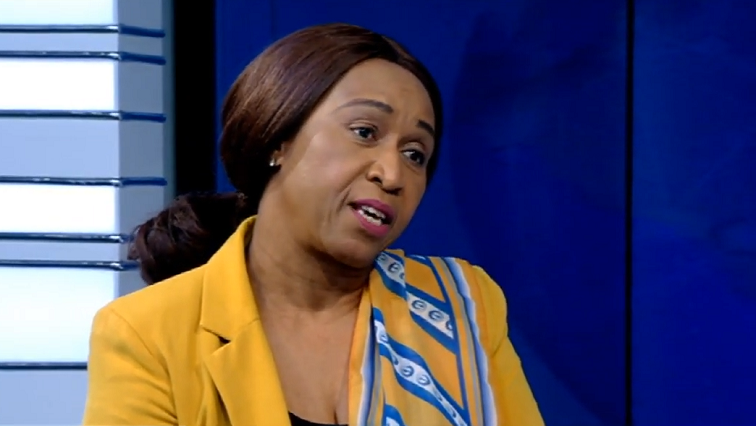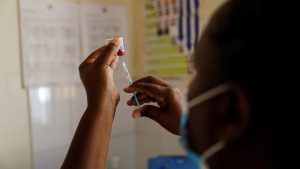The Commission for Gender Equality says it will seek compensation for the victims of forced sterilisation in Gauteng and KwaZulu Natal.
The commission released a report following an investigation into 15 public hospitals in Gauteng and Kwazulu-Natal.
The commission released its report into the forced sterilisation of HIV positive women in the two provinces. It found that close to 50 women were forcefully sterilised.
The Commission has handed the report, which details how medical staff breached their duty to patients, to the South African Nursing Council and the Department of Health.
@CGE_ZA The consequences of forced or coercive sterilization are devastating for women living with HIV and have life-long impacts.#cgemediabriefing https://t.co/a4EnKFvqoZ
— ICW (@ICW_Global) February 24, 2020
Survivors of forced sterilisation in room speaking about the impact of the procedure on their lives, young women only discovering that their wombs have been removed after giving birth, no legal remedies, no justice, they detail the horrific experiences…??
— Rumbidzai Elizabeth Chidoori MA. LLB (UFH) (@RueChidoori) February 24, 2020
Bongekile Msibi gave birth to her first child in 2005 and only found out 11 years later that her uterus was removed without her knowledge. Since that discovery in 2016, she has been fighting a bitter battle with the health department.
“To this day, there has been no verbal explanation about what happened to my uterus; my records don’t exist. They took out my uterus. They can give me the whole Reserve Bank. This is not about money, they violated my rights and even to this day they continue to violate my rights.”
In the video below, Bongekile Msibi speaks out about her struggles with the Department of Health since finding out that she was sterilised without her knowledge 11 years ago.
More cases
It’s not just Msibi’s rights, the Commission found during its probe that 48 women were sterilised without their consent or knowledge.
The Commission’s Chairperson Tamara Mathebula says complainants were also subjected to cruel, torturous, inhumane and degrading treatment by the health department.
‘Consequence management’
Commission chairperson Tamara Mathebula says they will also engage with the National Health Department, the Health Professions Council as well as the Nursing Council to initiate their own investigations into the findings and bring those involved to account.
“There are legal as well as ethical considerations here. They can then further do the investigations in the next 3 months in terms of looking at who was on duty on that day following those reports. We need to make sure that there is consequence management and people followed ethically and legally.
“Our recommendations are binding if we offer or issue recommendations and people don’t follow we do follow-ups to actually take the matter further. So consequences definitely will be there if the department of health, HPSCA and the SA Nursing Council don’t follow through on those recommendations. We are also seeking some redress for the victims.”
Among the recommendations made to the Department of Health, the consent forms will be revised and the filing system will be improved. The department has been instructed to report back to the Commission in three months on what steps have been taken to deal with the unlawful and unethical practice.
In the document below, the Commission for Gender Equality in South Africa reports on findings on forced sterilisation for women living with HIV.






